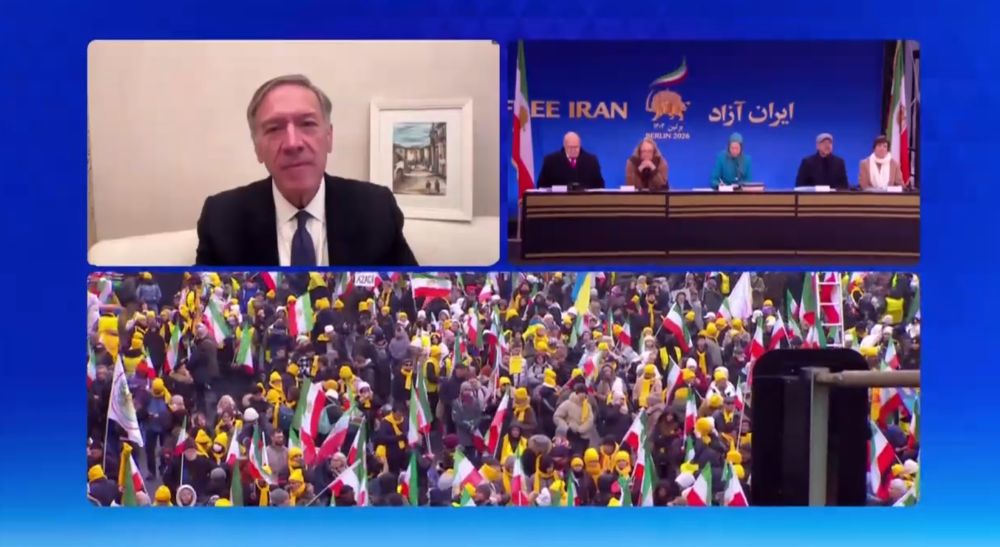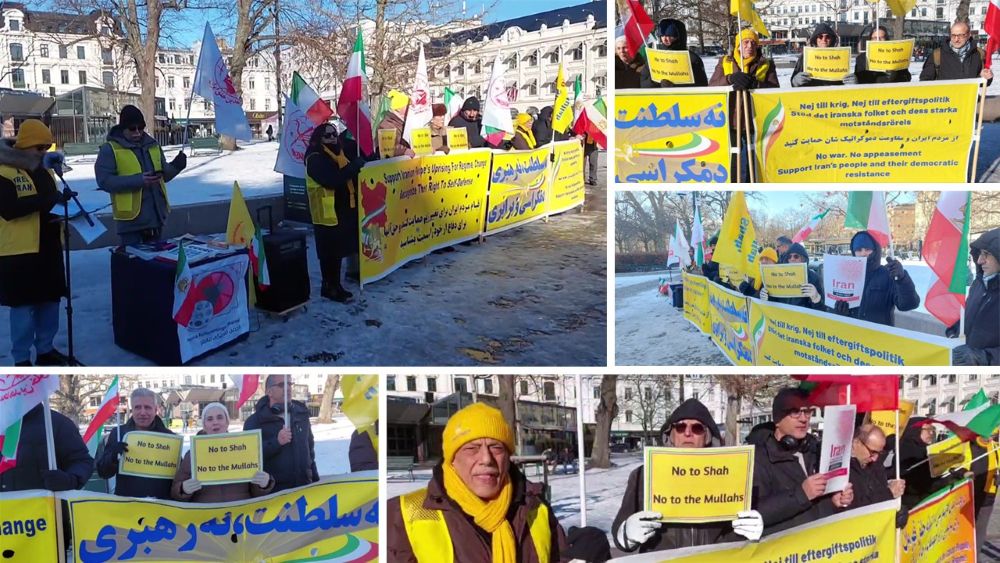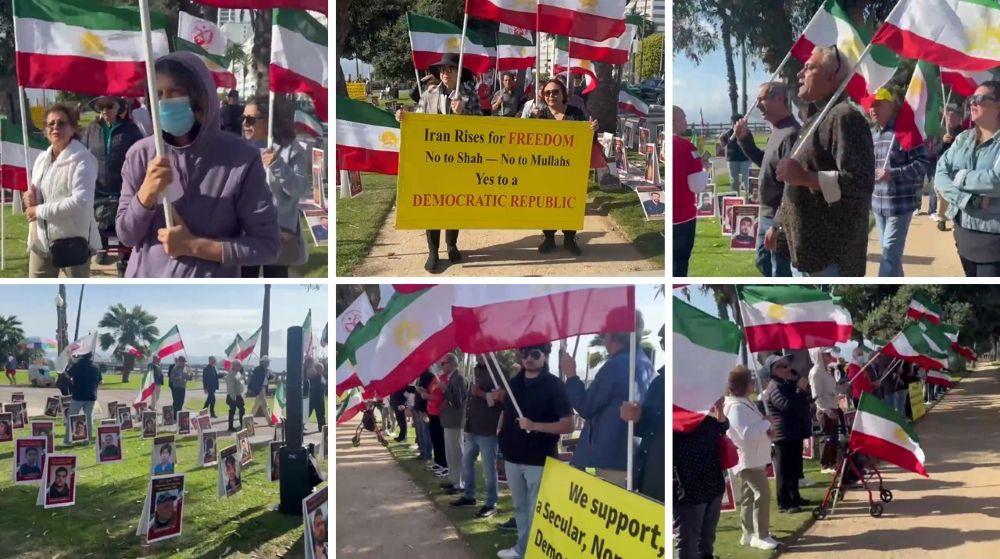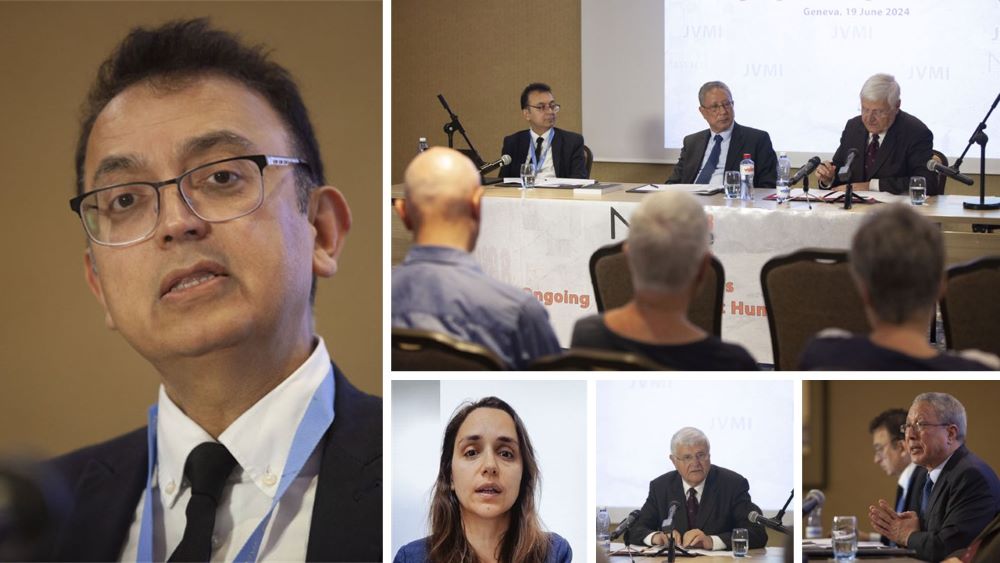
On the 36th anniversary of the horrific massacre of over 30,000 political prisoners in Iran’s prisons in 1988, ordered by Ruhollah Khomeini, we reflect on the historic report by UN Special Rapporteur on Iran, Professor Javaid Rehman.
A landmark United Nations report calling for accountability regarding Iran’s 1988 massacre of political prisoners was presented at a conference in Geneva on June 19, 2024. UN Special Rapporteur on Iran, Professor Javaid Rehman, unveiled the report titled “Atrocity Crimes and Grave Violations of Human Rights Committed by the Islamic Republic of Iran (1981–1982 and 1988)” at this significant event.
🚨UN Special Rapporteur on Iran to unveil landmark new report on Iran’s #1988Massacre of political prisoners
Atrocity Crimes and Grave Violations of Human Rights Committed by the Islamic Republic of Iran (1981–1982 and 1988)
Watch live 19 June @ 2pm CEST https://t.co/xd5BqaAwHH
— Justice for the Victims of 1988 Massacre in Iran (@jvmifoundation) June 18, 2024
This comprehensive investigation marks the first extensive UN inquiry into the mass executions of 1981-1982 and the 1988 massacre of thousands of political prisoners in Iran. Prof. Rehman emphasized the ongoing relevance of these atrocities, stating, “It is not a historical issue, as many people think. It is a live issue. There are serious concerns about gross violations of human rights.”
The report delves into the systematic groundwork that enabled these crimes and exposes the horrifying details of the massacres. Prof. Rehman suggested that the events of 1988 could potentially be classified as genocide, citing Khomeini’s fatwa that declared opposition groups as having abandoned Islam.
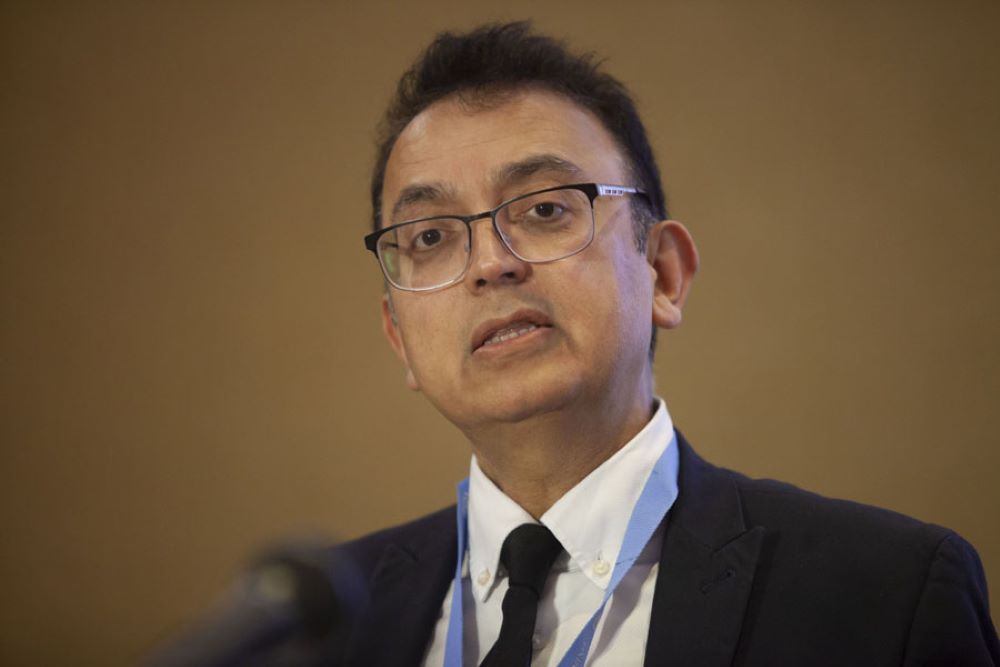
Notably, the report implicates prominent Iranian figures, including Ebrahim Raisi and Mostafa Pour-Mohammadi, who were members of the Tehran Death Commission in 1988 responsible for the executions.
Tahar Boumedra, former Representative of the UN High Commissioner for Human Rights in Iraq and Director of Justice for the Victims of the 1988 Massacre in Iran (JVMI), chaired the conference. He underscored the importance of this report for the victims and their families, saying, “This is a crucial step towards recognizing the suffering of the victims and ensuring that their voices are heard.” Boumedra also highlighted the challenges faced by the international community in addressing human rights issues, noting, “At the universal sphere, we see that human rights issues are dealt with by a political organ, which is the United Nations Human Rights Council. They’re not independent. They handle issues of human rights with a political approach.”
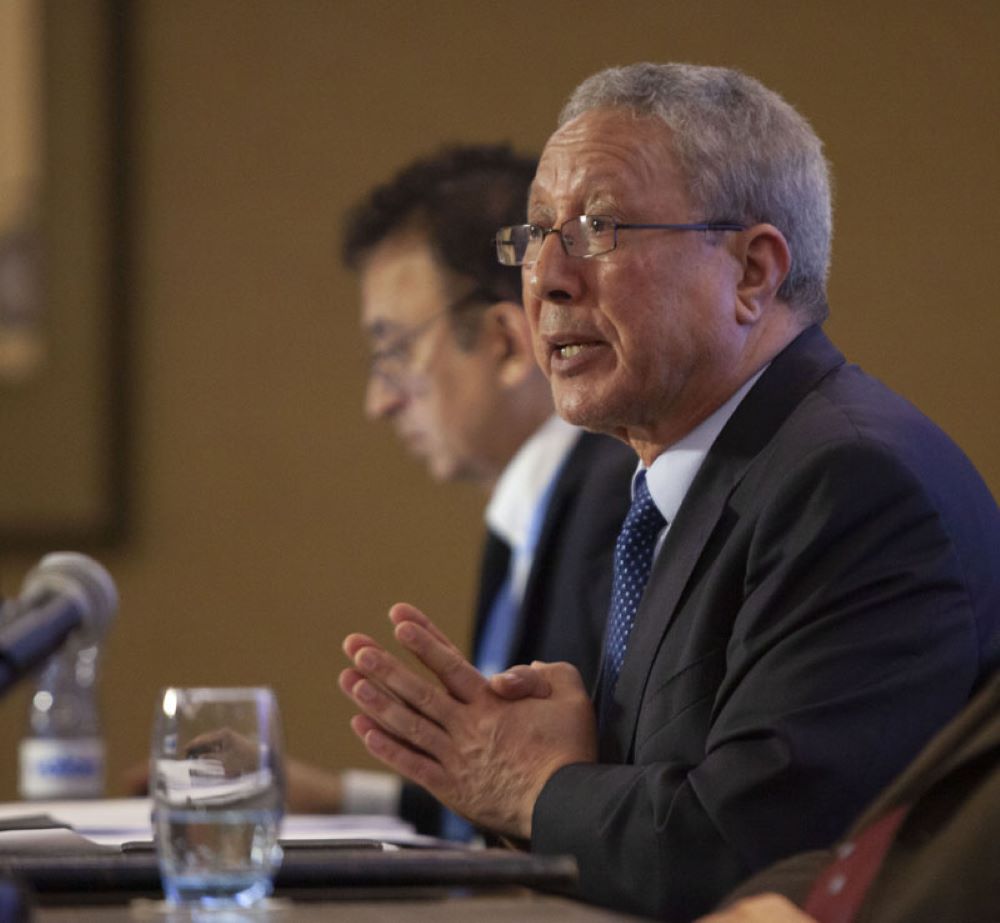
Judge Wolfgang Schomburg, former Judge at the UN International Criminal Tribunal for the former Yugoslavia (ICTY) and the International Criminal Tribunal for Rwanda (ICTR), also spoke at the conference. He emphasized the need for innovative mechanisms to address these crimes, stating, “We have to be inventive and innovative to create at least these additional mechanisms.” Schomburg called for increased efforts to hold those responsible accountable, asserting, “Justice delayed is justice denied. It is imperative that the international community takes decisive action to address these crimes.”
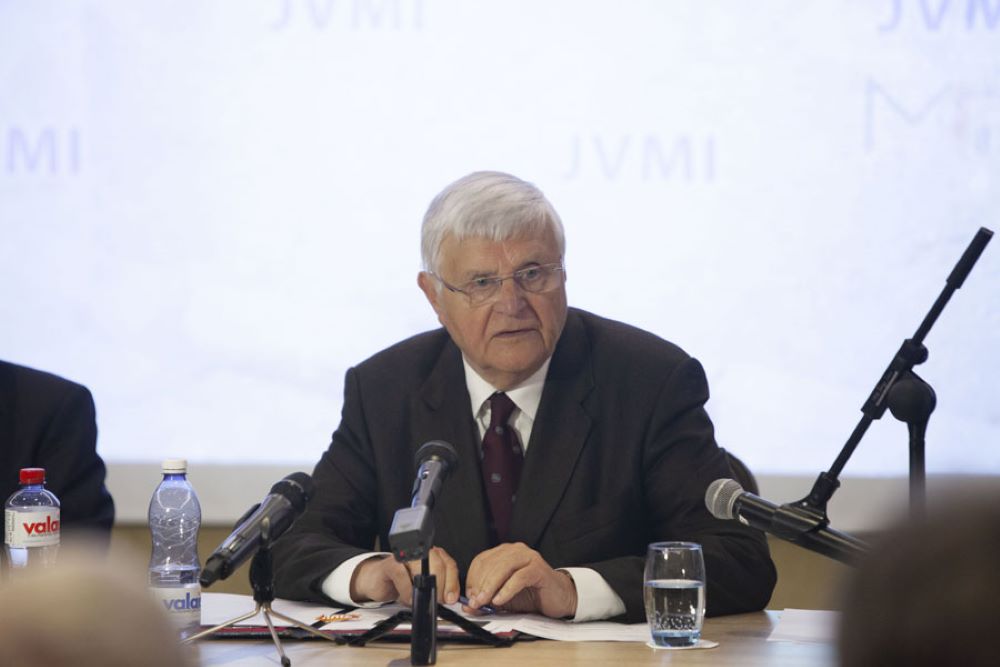
Dr. Grażyna Baranowska, Member of the UN Working Group on Enforced or Involuntary Disappearances (WGEID), participated online and reiterated the ongoing relevance of addressing enforced disappearances and other human rights violations in Iran. She stated, “The Working Group regularly communicates on disappearances in Iran, both those that are occurring currently and those that have happened in Iran in the past. So, we have pressured many times authorities to solve and address those disappearances that have happened in the past, including specifically those unaccounted deaths that happened due to the massacres in 1988.”
The conference was attended by ambassadors and delegates from various missions at the UN Headquarters in Geneva, reflecting the international community’s growing concern over Iran’s human rights record.
This landmark report represents a crucial step towards recognizing the suffering of the victims and their families, highlighting the urgent need for accountability and justice in the face of ongoing human rights abuses in Iran.

